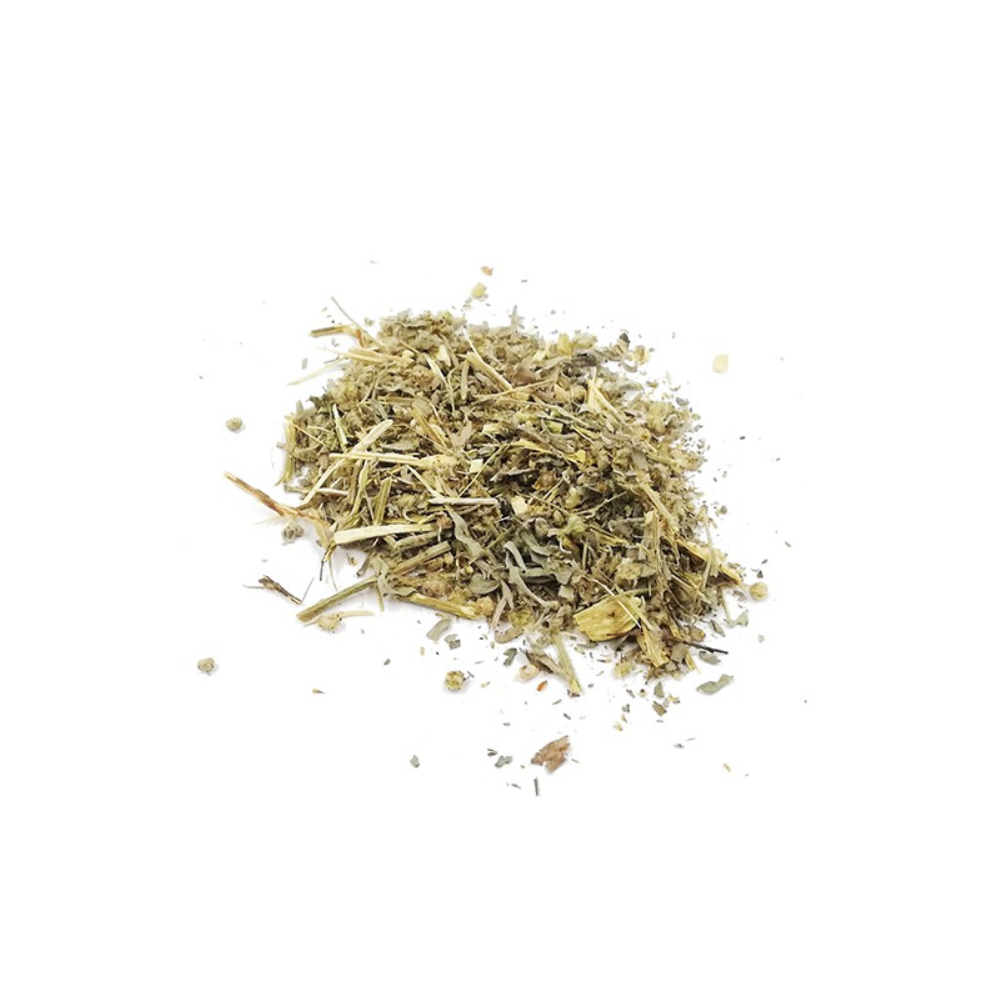Oak bark is used as an astringent for gastric hemorrhages, stomach ulcers, gastritis, chronic diarrhea, hemorrhoids, presence of blood in the urine, frequent urges to urinate.
PRODUCT INFORMATION
Oak bark helps with varicose veins and skin problems
When taken internally, it can help veins shrink. For this purpose, you can make tonic tea.
White oak bark can also be used externally for skin problems such as eczema and cuts, burns and bruises.
It can stop bleeding, acts as an antiseptic, and the tannins it contains have antibacterial properties.
In support of oral health
The astringent and antimicrobial properties of oak bark make it great for naturally supporting oral health. Oak bark is especially helpful for sore or bleeding gums and mouth infections.
In addition to mouthwash, you can also use oak bark to gargle with a sore throat. You can do this by steeping the bark in water for about 20 minutes, straining and letting it cool to room temperature.
Oak bark for diarrhea
Another common and traditional use of oak bark is to relieve diarrhea.
Use for irritated scalp
Among the best topical benefits of oak bark is its ability to soothe the scalp and help with oily hair. You can also make a decoction to rinse your hair with dandruff. Because oak bark is drying, you should not use it if you have an extremely dry scalp or skin.
Oak bark for healthy urinary tract and kidneys
Oak bark is often used as a tea to aid digestion and urinary tract health. It can act as a diuretic, which supports bladder and kidney health, as well as fluid retention.
Preparation: 1-2 teaspoons of the herb are boiled for 3-4 minutes in 1/2 liter of water (for tea) and 2 tablespoons per 1 liter of water (for baths).
Usage:
Internally: up to two cups of tea per day for adults.
External: in the form of decoction for baths, washes and compresses.
Ingredients: oak bark (100%)
ALLERGEN DISCLAIMER / ΠΡΟΕΙΔΟΠΟΙΗΣΗ ΑΛΛΕΡΓΙΟΓΟΝΩΝ For further information regarding allergens, please contact the store directly at Για περισσότερες πληροφορίες σχετικά με αλλεργιογόνα, παρακαλώ επικοινωνήστε απευθείας με το κατάστημα στο 35722263999










